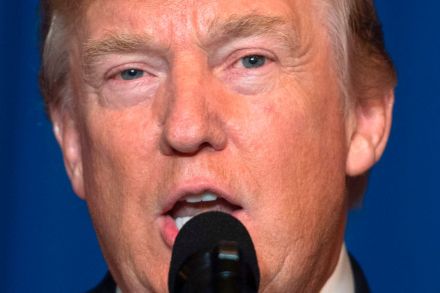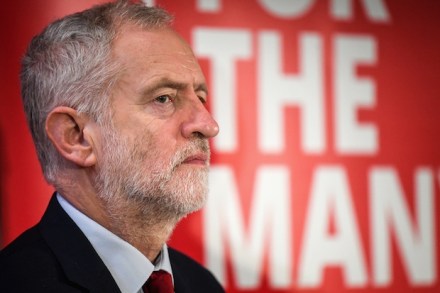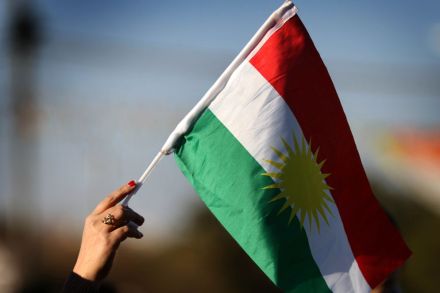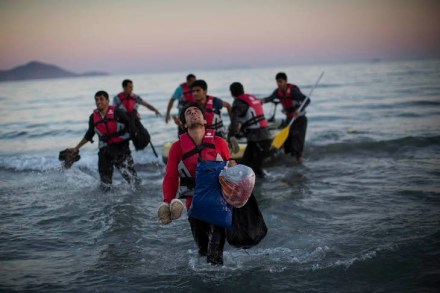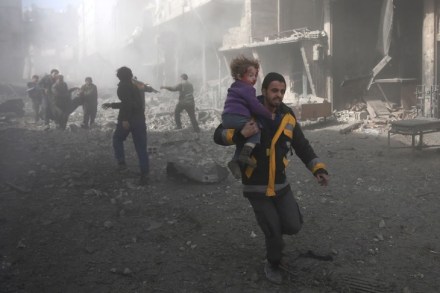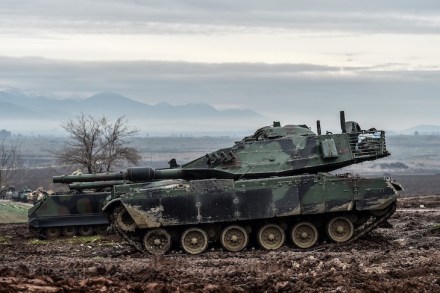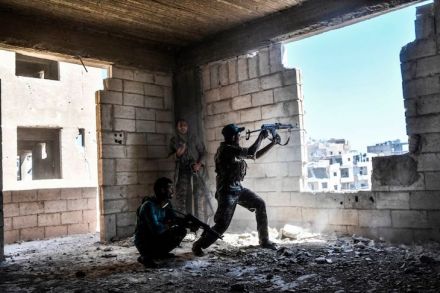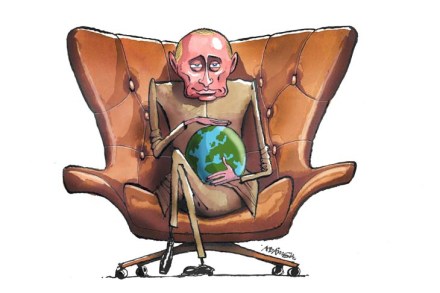En marche
Remember the never-ending handshake? It was 14 July 2017, Bastille Day, and Emmanuel Macron and Donald Trump opened their formal relationship as leaders of their respective countries by interlocking palms and refusing to let go. They kept at it for a good 30 seconds. They didn’t release even as Trump began kissing Macron’s wife. It looked like the beginnings of a bitter rivalry. But Trump and Macron weren’t clashing. They were flirting. The night before, the two men — plus wives — had had an intimate dinner in the Eiffel Tower, and they bonded. A great bromance had been born. For all his posturing, Macron treated the US President like



